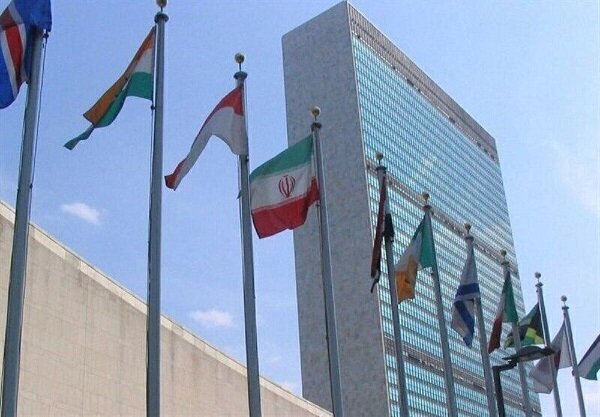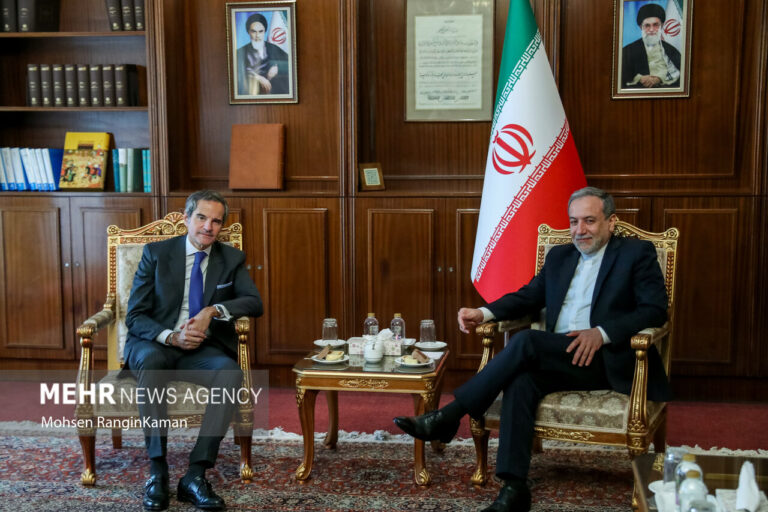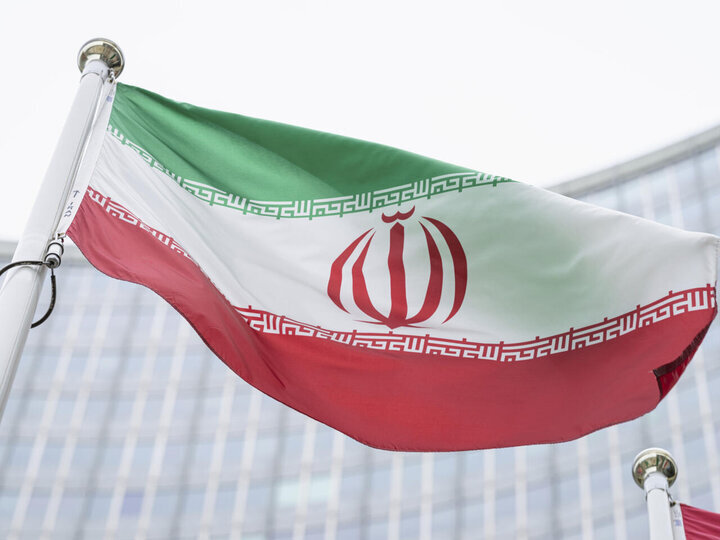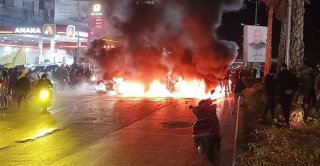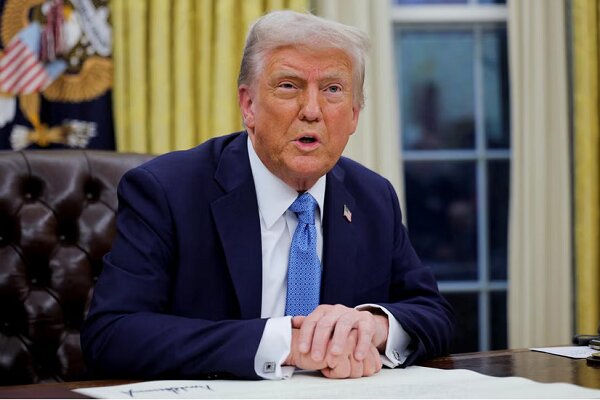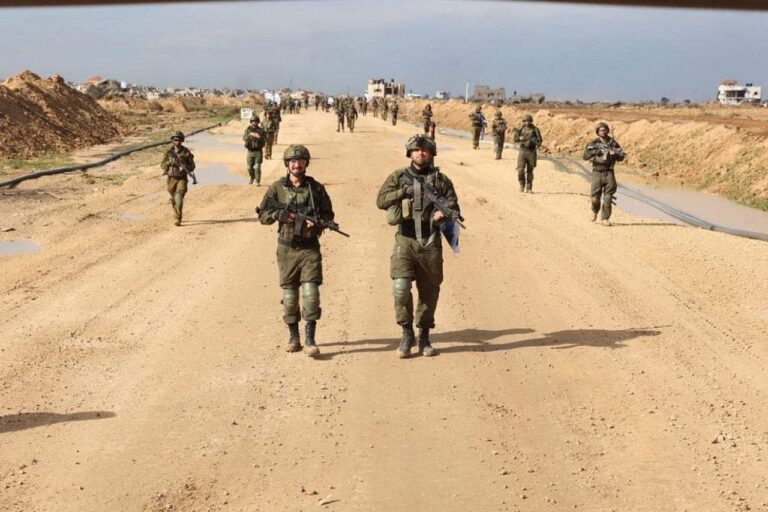Iranian Foreign Minister’s Keynote Speech at Washington Nuclear Conference Canceled: What It Means for Global Diplomacy
In a recent development surrounding the 2025 Nuclear Policy Conference, the Carnegie Endowment has made headlines by canceling an address by Iranian diplomat Abbas Araghchi. This decision has sparked discussions regarding external influences on international diplomatic events.
On Monday, the New York-based mission announced the cancellation of Araghchi’s planned speech, which was initially set to be delivered at this significant conference. The decision was attributed to a change in the format of the speech, shifting from a straightforward address to a debate format. This alteration has raised eyebrows and prompted various speculations about the underlying reasons for the cancellation.
The mission provided further insight, stating that the full text of the now-canceled speech would be made available to the media. This move aims to ensure transparency and provide context to the reasons behind the cancellation.
However, reports have emerged suggesting that the cancellation might be linked to “orchestrated pressure” from the Israeli lobby in Washington. This allegation highlights ongoing concerns about the influence of lobbying groups on international diplomacy and events related to nuclear policy.
Key points regarding the cancellation include:
- Event Details: The 2025 Nuclear Policy Conference was expected to be a platform for discussing critical issues surrounding nuclear policy and diplomacy.
- Change in Format: The transition from a speech to a debate format was a pivotal reason for the cancellation of Araghchi’s address.
- Media Transparency: The mission’s commitment to releasing the full text of the canceled speech indicates a push for openness in the discourse surrounding the event.
- External Pressure: Accusations of pressure from the Israeli lobby suggest a complex interplay between international relations and domestic influences in Washington.
This incident not only reflects the dynamics of international diplomacy but also underscores the role of lobbying in shaping discussions around nuclear policy. The Carnegie Endowment’s decision to cancel Araghchi’s address may have broader implications for future dialogues and the engagement of diverse perspectives in such forums.
Furthermore, the debate format, while fostering a more interactive discussion, also raises questions about the effectiveness of addressing complex nuclear issues in a contentious environment. The potential for heated exchanges may detract from the substantive conversations that need to occur regarding global nuclear threats and policy solutions.
As the situation unfolds, it will be crucial for analysts and observers to monitor how these developments influence future conferences and the broader discourse surrounding nuclear policy. The implications of this cancellation could resonate beyond the immediate event, affecting how international actors engage in discussions on nuclear proliferation, disarmament, and diplomatic relations.
In conclusion, the cancellation of Abbas Araghchi’s address at the Carnegie Endowment’s 2025 Nuclear Policy Conference serves as a reminder of the intricate web of influences that shape international diplomacy. While the official reasons cite a format change, the alleged external pressures highlight the ongoing tensions within the geopolitical landscape. As stakeholders prepare for the upcoming conference, the focus will likely shift to how to navigate these challenges while ensuring that all voices are heard in the quest for a stable and secure nuclear future.
The upcoming discussions will likely reflect not only the technical aspects of nuclear policy but also the political realities that influence decision-making at the highest levels. As the full text of Araghchi’s speech becomes available, it will be interesting to see how it is received and what implications it holds for future diplomatic engagements.
